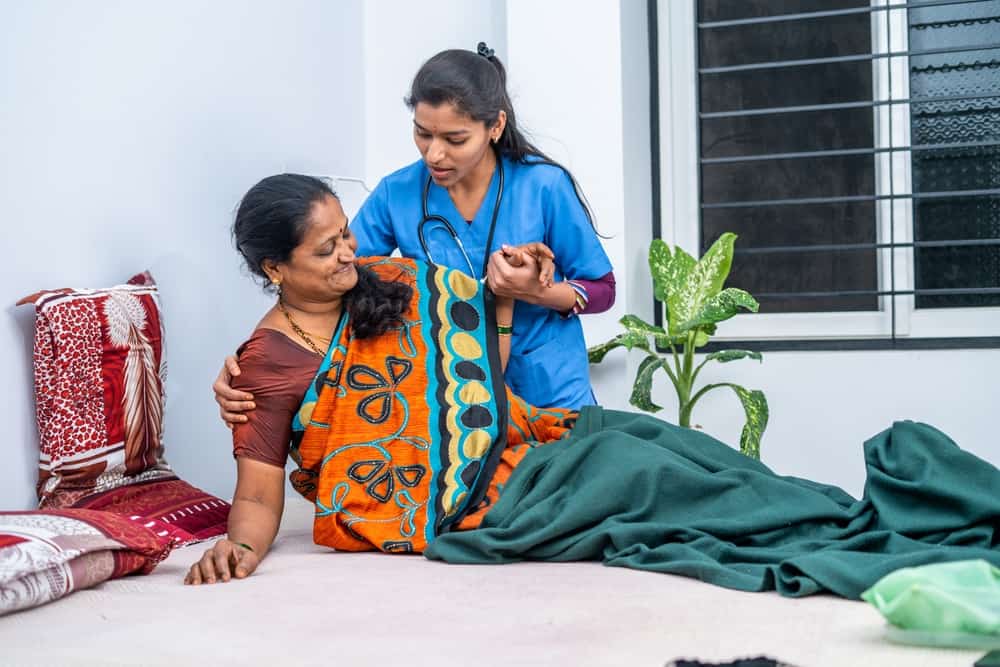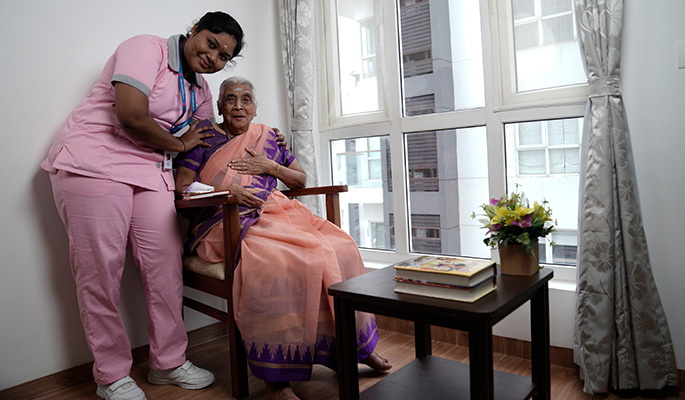Dementia, a syndrome characterized by a decline in memory, thinking, behavior, and the ability to perform everyday activities, poses significant challenges for individuals and their families. In Dhaka, the capital city of Bangladesh, the need for comprehensive dementia care services has become increasingly apparent as the population ages and the prevalence of dementia rises. Recognizing this pressing need, various organizations and healthcare providers have stepped up to offer specialized care and support for individuals living with dementia in Dhaka.
One of the key aspects of dementia care services in Dhaka is the provision of personalized care plans tailored to meet the unique needs of each individual. These care plans typically involve a multidisciplinary approach, incorporating input from physicians, nurses, psychologists, social workers, and other healthcare professionals. By addressing the physical, emotional, and cognitive aspects of dementia, these comprehensive care plans aim to enhance the quality of life for both patients and their families.
In addition to medical interventions, dementia care services in Dhaka also emphasize the importance of psychosocial support. This includes providing counseling and education to families and caregivers, helping them better understand the challenges associated with dementia and develop coping strategies to manage them effectively. Support groups and community-based programs are also valuable resources, offering individuals living with dementia and their families opportunities for socialization, education, and mutual support.
Furthermore, efforts are underway to improve accessibility to dementia care services across Dhaka. This includes establishing dementia-friendly environments in healthcare facilities, public spaces, and residential areas, ensuring that individuals living with dementia can navigate their surroundings safely and comfortably. Additionally, initiatives aimed at raising awareness about dementia and reducing stigma are helping to foster a more supportive and inclusive community for those affected by the condition.
In conclusion, the development of dementia care services in Dhaka represents a significant step forward in addressing the needs of individuals living with dementia and their families. By offering personalized care plans, psychosocial support, and improved accessibility, these services play a crucial role in enhancing the quality of life for those affected by this challenging condition. Moving forward, continued investment and collaboration in dementia care will be essential to ensure that all individuals in Dhaka receive the support and assistance they need to live well with dementia.





